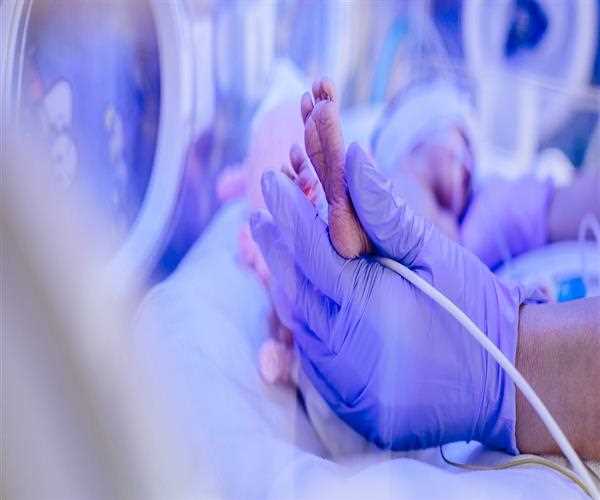The healthcare industry is continuously evolving and leveraging various technologies to improve patient care, enhance efficiency, and advance medical research. Here are some of the notable technologies that are currently being developed to bring about positive changes in the healthcare sector:

Artificial Intelligence (AI): AI is revolutionizing healthcare by enabling advanced data analysis, predictive modelling, and decision-making support systems. Machine learning algorithms can analyze large volumes of medical data, such as patient records and diagnostic images, to identify patterns, predict outcomes, and assist in diagnosis. AI-powered chatbots and virtual assistants also offer personalized patient interactions and support.
Internet of Things (IoT): IoT devices and sensors are being used in healthcare to monitor patients remotely, track vital signs, and collect real-time data. This technology allows healthcare professionals to provide proactive and personalized care, reduce hospital readmissions, and improve overall patient outcomes. IoT also facilitates the seamless integration of medical devices and systems, enhancing workflow efficiency and data management.
Telemedicine and Telehealth: Telemedicine and telehealth solutions leverage communication technologies to enable remote consultations, diagnosis, and treatment. Patients can connect with healthcare providers through video conferencing, receive medical advice, and access healthcare services without physically visiting a clinic or hospital. This technology is particularly valuable in rural or underserved areas where access to healthcare may be limited.
Blockchain: Blockchain technology holds the potential to improve data security, privacy, and interoperability in healthcare. It enables the secure sharing of electronic health records (EHRs) among healthcare providers, ensuring data integrity and reducing duplication. Blockchain can also facilitate the secure storage and transfer of sensitive medical data, such as clinical trial records and genomic information.
Virtual Reality (VR) and Augmented Reality (AR): VR and AR technologies have applications in medical training, patient education, and pain management. Medical students can practice surgical procedures in virtual environments, while patients can benefit from immersive experiences that aid in pain distraction and relaxation during medical procedures. AR overlays digital information onto the real world, allowing surgeons to visualize patient anatomy during operations.
Genomics and Precision Medicine: Advancements in genomics, including gene sequencing technologies, are paving the way for personalized medicine. By analyzing an individual's genetic makeup, healthcare professionals can better understand disease susceptibility, tailor treatments, and predict responses to medications. Precision medicine aims to deliver targeted therapies based on an individual's unique genetic profile, ultimately improving treatment efficacy and patient outcomes.
Robotics and Automation: Robotics is finding applications in surgery, rehabilitation, and healthcare delivery. Robotic surgical systems enable surgeons to perform minimally invasive procedures with enhanced precision and dexterity. Robots can also assist in rehabilitation therapies, providing personalized support for patients recovering from injuries or undergoing physical therapy. Automation is streamlining administrative tasks, reducing paperwork, and improving workflow efficiency.